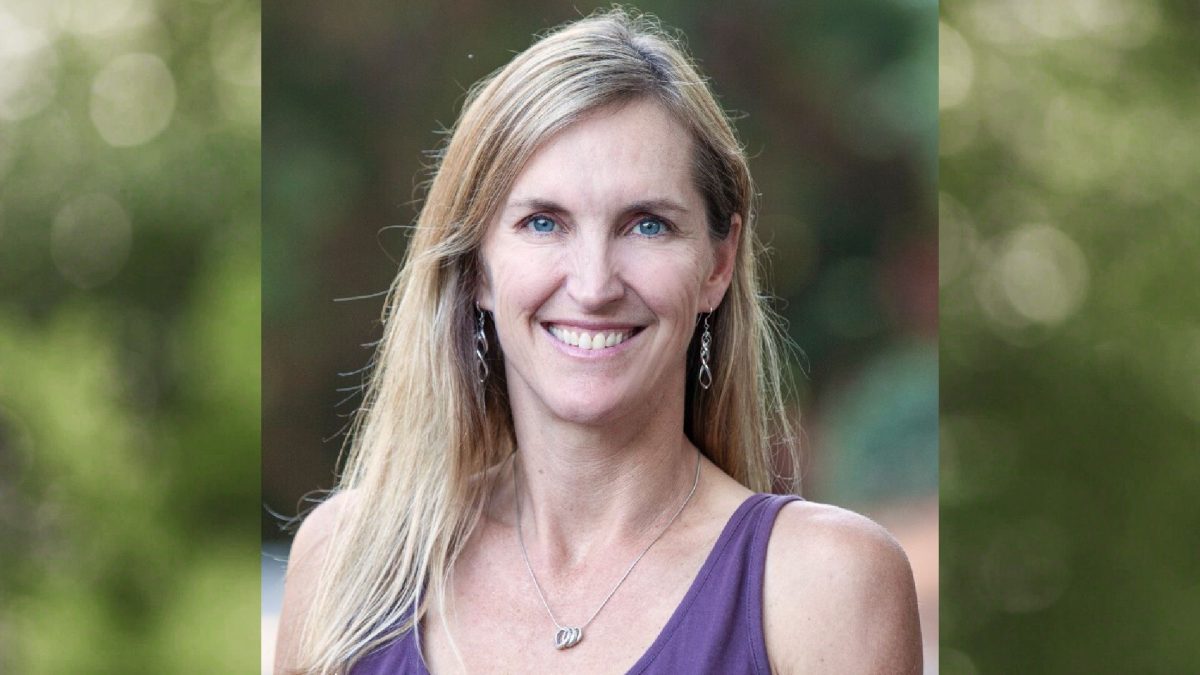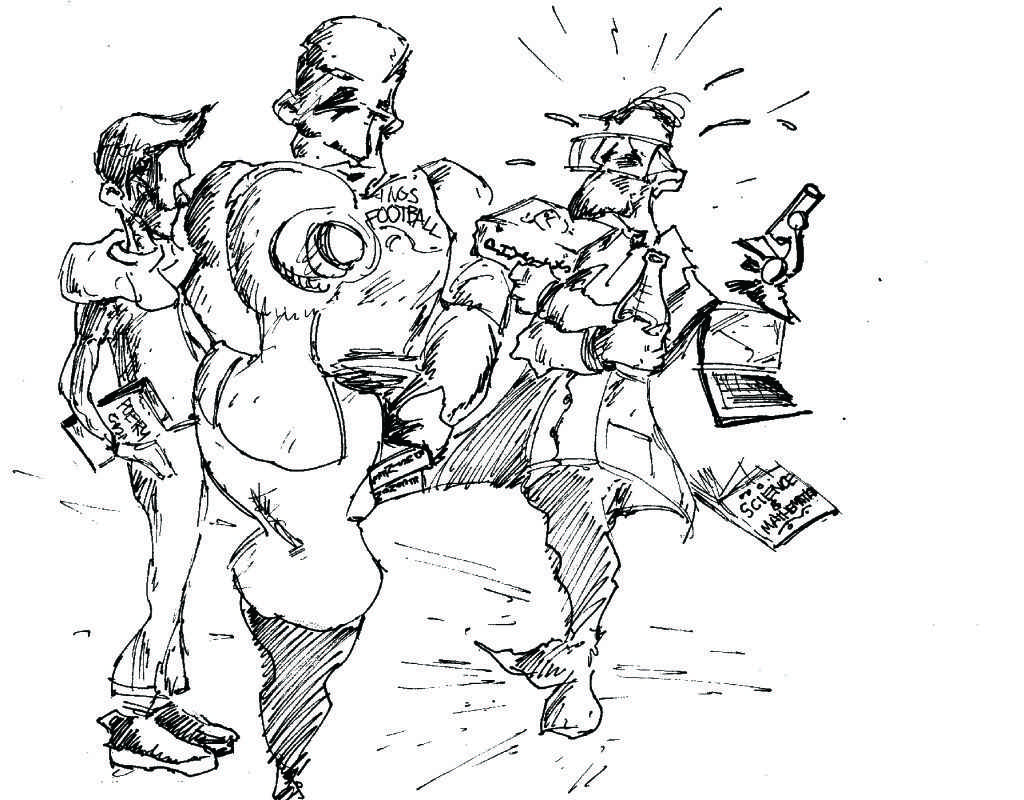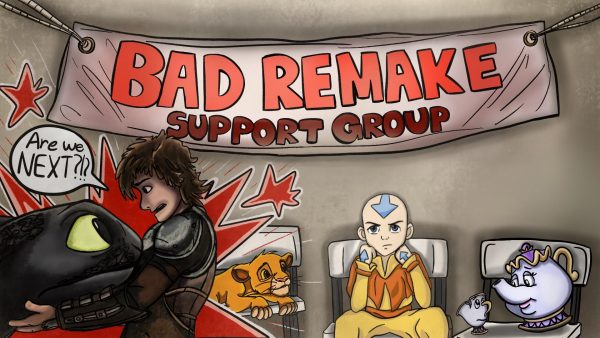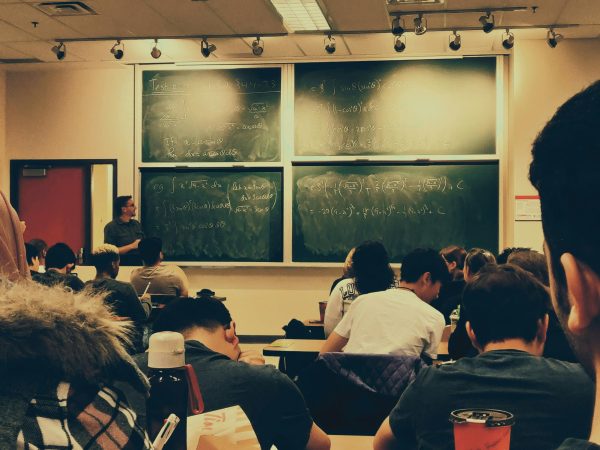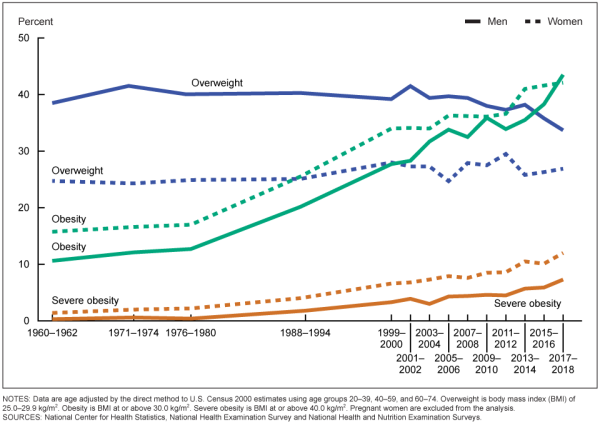Long term effects of registration changes yet to be seen
December 11, 2013
DVC’s administration plans to make several changes to the way students register for classes over the next few years.
These changes come from the Student Success Act of 2012, which outlines several steps community colleges must take with the goal of helping students figure out and complete a career path. These changes include the implementation of educational plans, assessments and orientations to determine priority registration.
We’ve reported on these changes before, but their possible effects were not clear until now. While they may improve the registration process in the near future, they’ll force current students to pay a heavy price.
That price is the coveted priority registration spot. New and incoming students will be given the top spots to get them started the right way. Unfortunately, high unit students — such as those on career paths in the sciences — will be bumped back to open up spots for new students.
This move hinders current students making it harder for them to register for their own classes and stalling their academic progress. This will leave them stuck in the community college system, which is exactly what these changes are attempting to prevent. Ironic, no?
What’s worse is that these changes are coming at a time when signing up for classes is hard enough. Budget cuts over the past few years have led to sections being cut in nearly every department at DVC, which narrowed the number of spots that were available to students. The restructuring of the priority registration system is simply the last stake in the coffin that holds community college students’ hopes and dreams.
There is hope, however, and we have several ideas as to how the registration offices can address this issue.
One way is by taking into consideration the educational plans and progress of students. If things check out, students should be given a decent priority registration date, regardless of the number of units they may have.
This is probably, and hopefully, the scenario that will end up playing out. It seems like the fairest option since it rewards students that put in the time and effort to complete their classes.
Despite our concerns, it is worth noting that they may be completely unfounded. We might even be overreacting, but what else can be expected when we’re being told that big changes are coming?
At the end of the day, we can only hope these changes improve our community college experience and that those in charge are prepared for any and all setbacks.






















